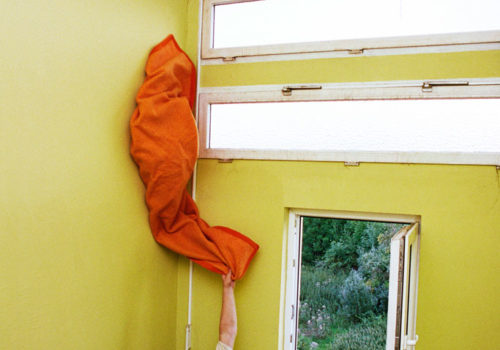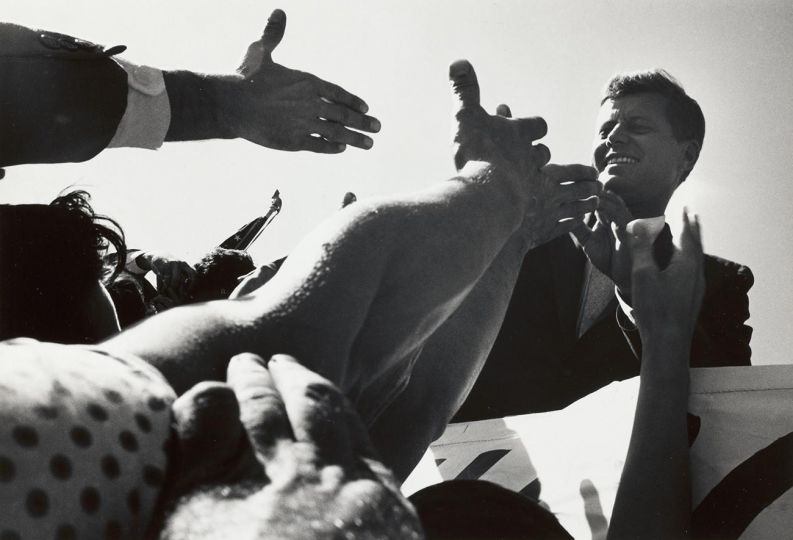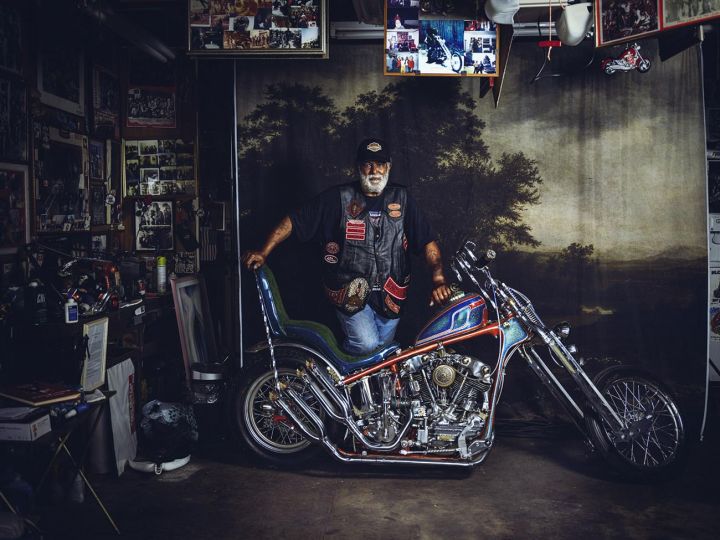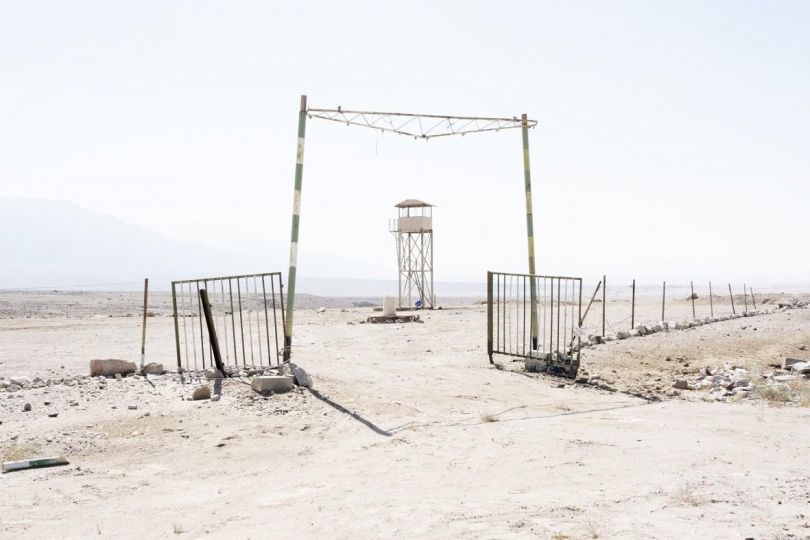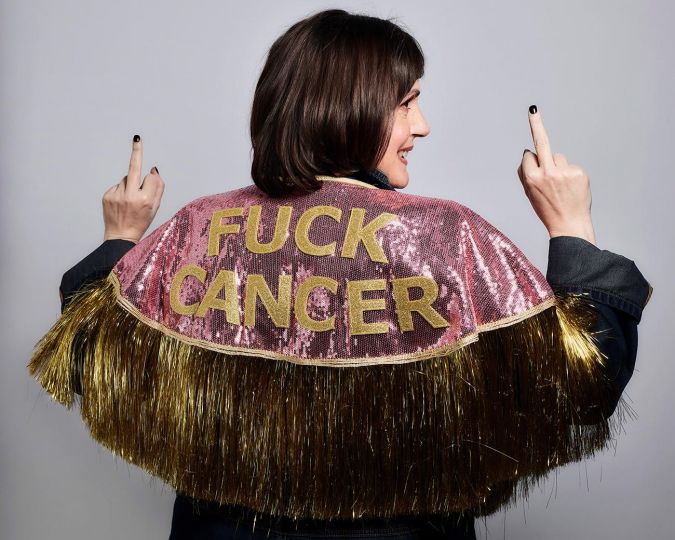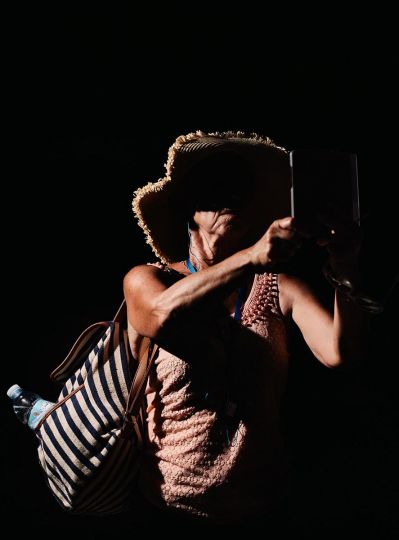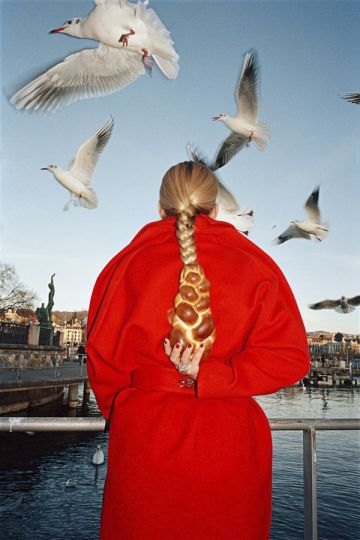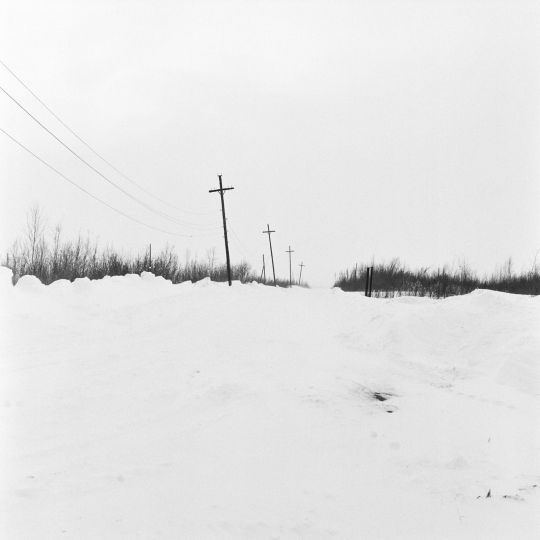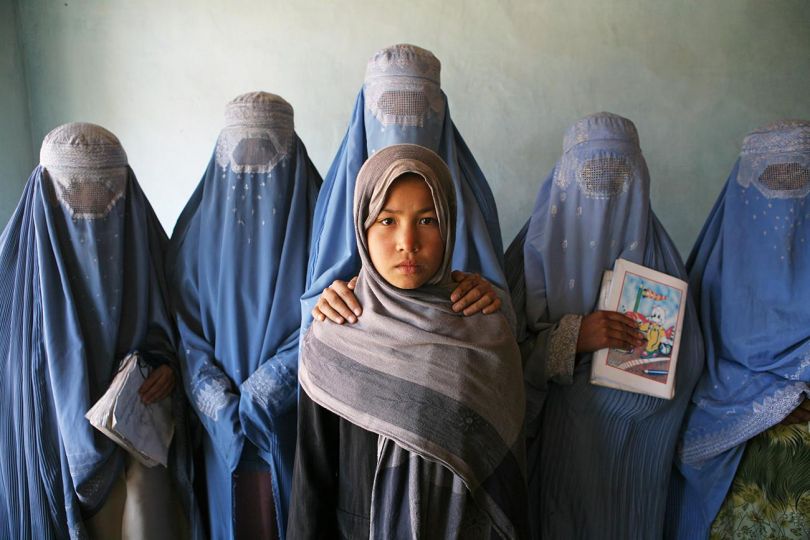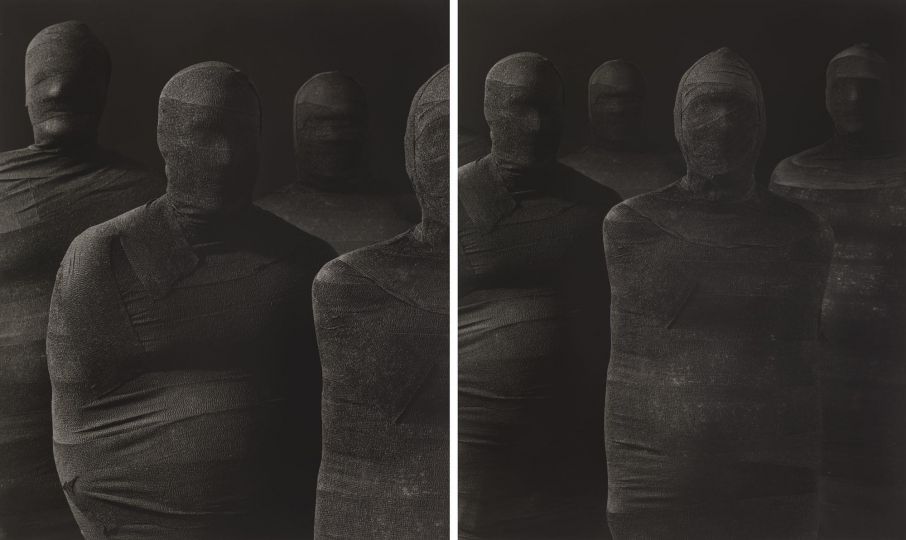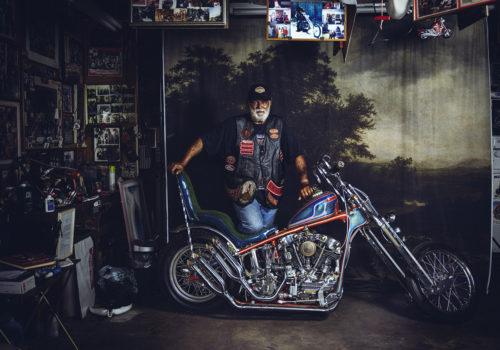Weimar, a living space
It is eight o’clock in the morning, all is calm and peaceful. A few people drink their coffee in their rooms. At noon, some eat in the reception room, others prepare soup in their kitchen. All those who are here have stories to tell. Their stories are a mix of true and false, difficult to untangle.
The Ettersburger refuge for the homeless, created at the initiative of the association Caritas and the local parish is situated in the outskirts of Weimar, in former East Germany. Its vocation is to help long-term alcoholics. They are offered lodgings and a little money to meet their needs. Filled with melancholy, this place resonates with memories of the past lives of the residents, most of whom have lost contact with their families.
It is a life in between, on the fringe. Half way between empty and full, dependence and autonomy, illusion and perception of one’s own misfortune, fate and denial, open-mindedness and withdrawal into oneself, those who talk about themselves and those who cannot hear them.
Despair does not reign over the refuge, nor is there total helplessness. There is warmth and humour, solidarity and friendship. Like an extra in-between state between life and death, like a world parallel to our daily lives.
« We are the last filth in a clean society, but no one manages to bug me about this anymore. » – Margitta, resident of Ettersburger.
From a text by the ethnologist Gilda Bartel.
Photographs by Nathalie Mohadjer. Weimar 2006 and 2010.
This work will be published by the publishers Kehrer Verlag, alongside an exhibition at the Kunsthalle Harry Graf Kessler, in Weimar, at the end of 2011.

